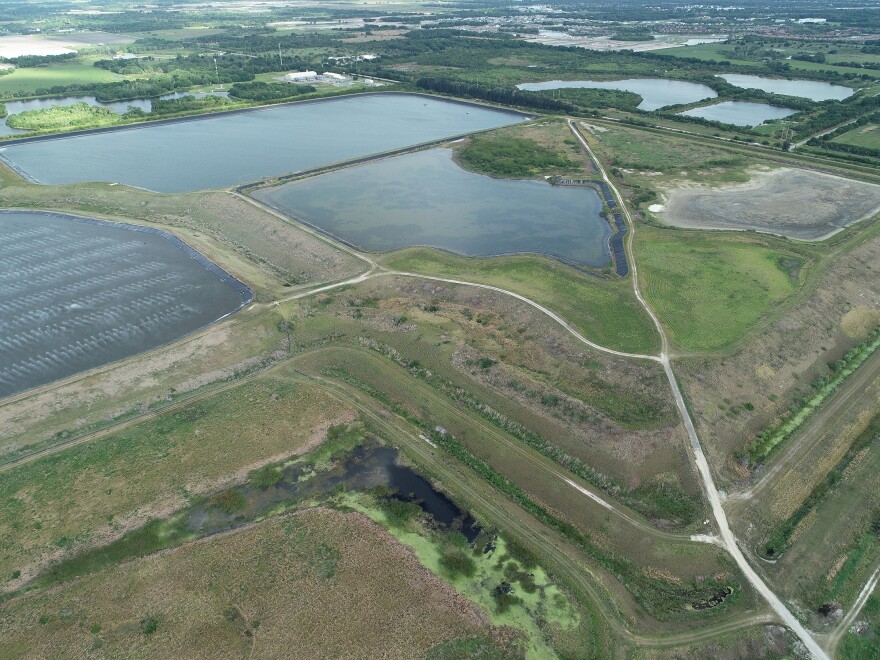A federal judge in Tampa on Tuesday heard arguments about whether the state of Florida and several government agencies should be held accountable for the leak at the former Piney Point phosphate plant.
A leak in a gypsum stack at the Manatee County plant led to 215 million gallons of polluted wastewater flowing into Tampa Bay last year.
Defendants asked U.S. District Judge William Jung to dismiss the lawsuit. But several environmental agencies believe the state and Manatee County Port Authority — among others — failed to close the leaky gypsum stack in the two decades since the plant operator went bankrupt.
Jaclyn Lopez of the environmental advocacy group Center for Biological Diversity is one of the plaintiffs.
"What we're trying to achieve as conservation organizations that represent our community is the safe closure of Piney Point once and for all and an abatement from these harms," Lopez said. "So we're hopeful that the federal court will review those claims and agree that we have merit and rule in our favor."
State officials claim the case is moot because a court-appointed receiver is already overseeing closure of the stack.
The lawsuit said the water releases helped create algae blooms and fish kills in Tampa Bay. And several dozen homes had to be evacuated because of fears the gypstack walls would be breached.
Besides the Center for Biological Diversity, the lawsuit was filed by Tampa Bay Waterkeeper, Suncoast Waterkeeper, Manasota-88 and Our Children’s Earth Foundation.
Lopez says the state, the Manatee Port Authority — which had seawater from dredging of its dock slips deposited in the gypstack — and the operator, HRK Holdings, have mismanaged the site for years.
"Both DEP and HRK have been at the helm for quite some time and are responsible for each of their shares with respect to the failure of Piney Point and the discharges that happened," she said, "and the ongoing contamination at the site."
Jung did not issue a ruling on Tuesday.





